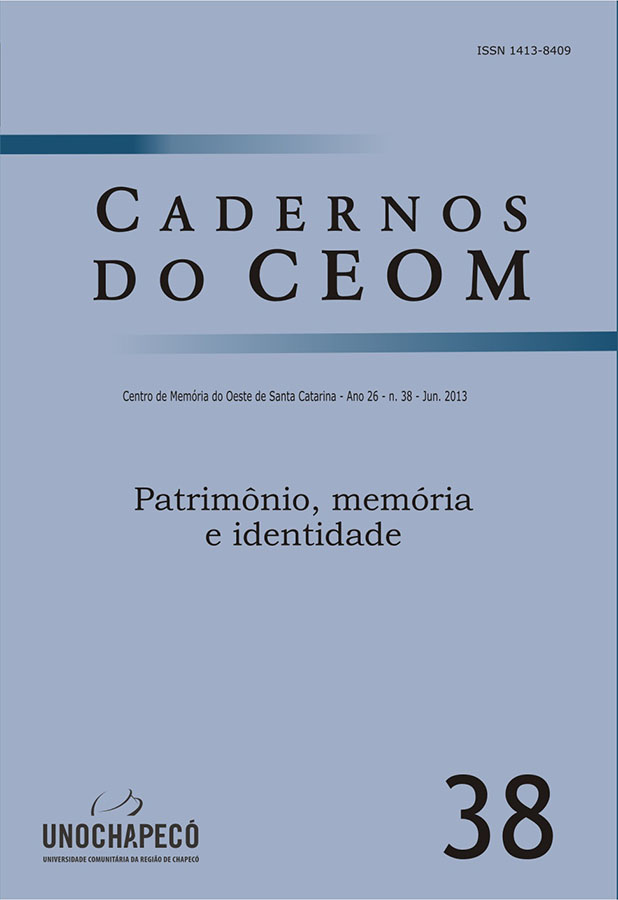Razor Blades and Comic Strips: Afro-Brazilian Religions and Public Health in Brazil
Palavras-chave:
Educação infantil. Ação social. Dimensão corporal. Perspectiva das crianças.Resumo
In this paper, I examine historical and contemporary aspects of the complex, constantly evolving relationship between Afro-Brazilian religions and the Brazilian state over issues of public health. Historically, Afro-Brazilian ritual healing practices were persecuted through infamous public health codes. Recent decades, however, have seen the rise of strategic partnerships between terreiros (temples) and public health departments in the area of community HIV prevention efforts. Beyond their practical contributions, these partnerships hold significant symbolic value. By collaborating with the state on health education campaigns around HIV/AIDS and other sexually transmitted infections, Afro-Brazilian religions gain official recognition in the public sphere as health-promoting institutions. They also receive public valorization of their centuries-old healing knowledge. At the level of everyday experience, however, conflicts persist between public health norms and certain ritual practices within the terreiros. I describe several examples of such conflicts that I documented over several years of ethnographic research in Brazil. I use these data and historical accounts to assess the changing relationship between Afro-Brazilian religions and the Brazilian public health apparatus over time. I argue that although explicit state regulation of Afro-Brazilian ritual practices has ended, its attempts at regulation are still perceptible through the paradigm of community-based prevention and the language of participatory citizenship.Downloads
Não há dados estatísticos.
Downloads
Edição
Seção
Artigos
Licença
Estou ciente de que, em sendo aprovado, a publicação do artigo será no formato on-line no Portal de Periódicos da Unochapecó.
Os autores detém os direitos autorais sem restrições, devendo informar, em nota, a publicação inicial nesta revista, em caso de nova publicação de algum trabalho.














